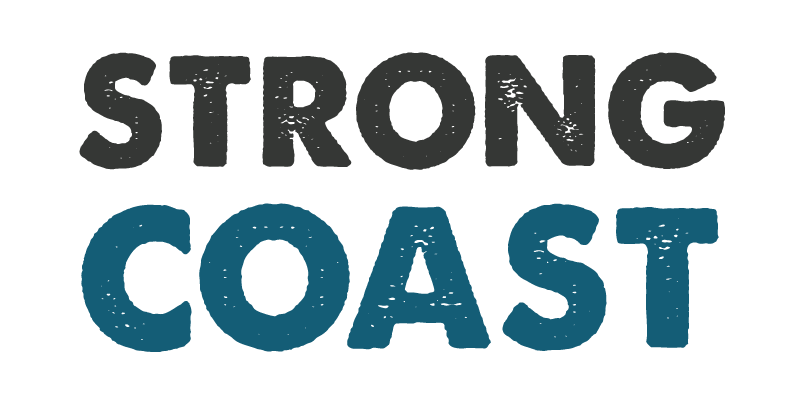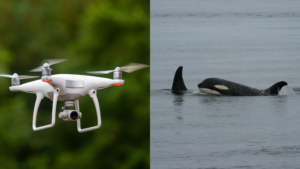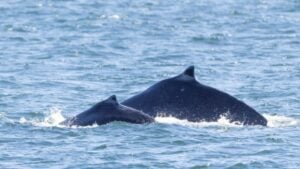A BC man with the longest record of Fisheries Act violations in Canadian history has been sentenced to six years in prison – a punishment the judge said was the only way to stop him from “ravaging the ocean.”
Scott Steer, a poacher from Gabriola Island, was convicted earlier this year of illegally harvesting and selling over 45,000 kilograms of sea cucumbers, despite being under a legal prohibition from fishing or even possessing gear due to past offences. His wife, Melissa Steer, was also found guilty for her role in the operation.
But while this case has grabbed headlines, it’s an outlier – not because of the crime, but because it was actually discovered and prosecuted.
“It is impossible for the DFO, with its limited resources, to actively patrol every bay and fjord on the vast British Columbia coast for marine poaching,” wrote Justice David Crerar in his sentencing decision. Justice Crerar also noted that past punishments clearly had little effect on deterring Steer from continuing his behaviour.
An Organized Poaching System
According to court documents, Steer used a numbered company as a front to buy vessels, recruit crew, and falsify records to make illegal catches look legitimate. He organized unlicensed sea cucumber expeditions in closed areas, falsified DFO documents, and sold the product for over $1 million to seafood wholesalers.
The judge called the company a “sham” and found that his wife Melissa was “fully involved” in the scheme. Voicemails revealed that even during his six-week trial, Steer continued arranging sales and mocking the process as a “waste of time.”
His record includes 34 convictions across 13 prior cases, for everything from illegal crab harvesting to probation violations and fraud.
A System Too Easy to Exploit
Despite a long trail of offences and multiple short jail stints, Steer repeatedly returned to poaching. The judge ultimately ruled that only long-term incarceration could protect marine life from further damage.
“He shows contempt for the fragile and finite marine resources and ecosystems,” Crerar wrote. “Only incarceration will prevent him from inflicting further harm.”
The court ordered the forfeiture of all fishing gear, vessels, and vehicles used, along with over $1.1 million in fines split between the couple and a six-year jail term for Scott.
The Bigger Picture
While Steer’s crimes were exceptional in scale and persistence, the case raises questions about the enforcement system’s ability to detect this level of poaching.
With the Pacific coast spanning tens of thousands of kilometres, and DFO’s enforcement capacity stretched thin, much of the illegal activity at sea likely goes unnoticed.
In BC, First Nations also harvest sea cucumbers for food and ceremony. Poaching undermines not only marine health, but also cultural rights and economic equity.




